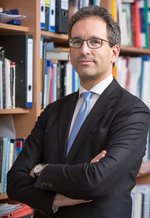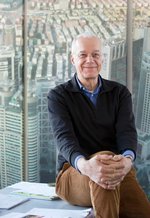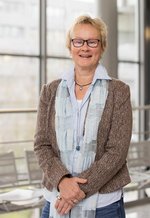
Intro
Cities and metropolitan areas are the greatest artificial structures created and inhabited by humans – the city has even been described (including by Lewis Mumford) as humankind’s greatest cultural achievement. The quality, functionality and the atmosphere of cities determine their resilience, among other things, and hence also people’s quality of life. How these factors relate to each other, and how resilience and quality of life can be preserved or improved for everyone are core issues explored by researchers from all faculties of the University of Duisburg-Essen in one of its main research areas, Urban Systems.
The Joint Center and its representatives have made significant contributions in recent years to nationally and internationally visible processes of sustainable development in cities, and they have brought new impulses to urban research in the context of “sustainability transitions”. An immediate example is their role in preparing, monitoring and developing the European Green Capital Essen 2017. Urban Systems was also involved in the successful proposal for an “Urban Sustainability Transitions” research group, coordinated by the Helmholtz Centre for Environmental Research (Leipzig) in the DFG-funded German Committee Future Earth (DKN), to which it adds the interdisciplinary perspectives of the UDE. The DKN research group has direct links with the “Future Earth” global science initiative. The main research area has many other ongoing and newly approved projects and collaborative projects through which it is helping to build and profile the new “Competence Field Metropolitan Research” of the University Alliance Ruhr (UA Ruhr).






